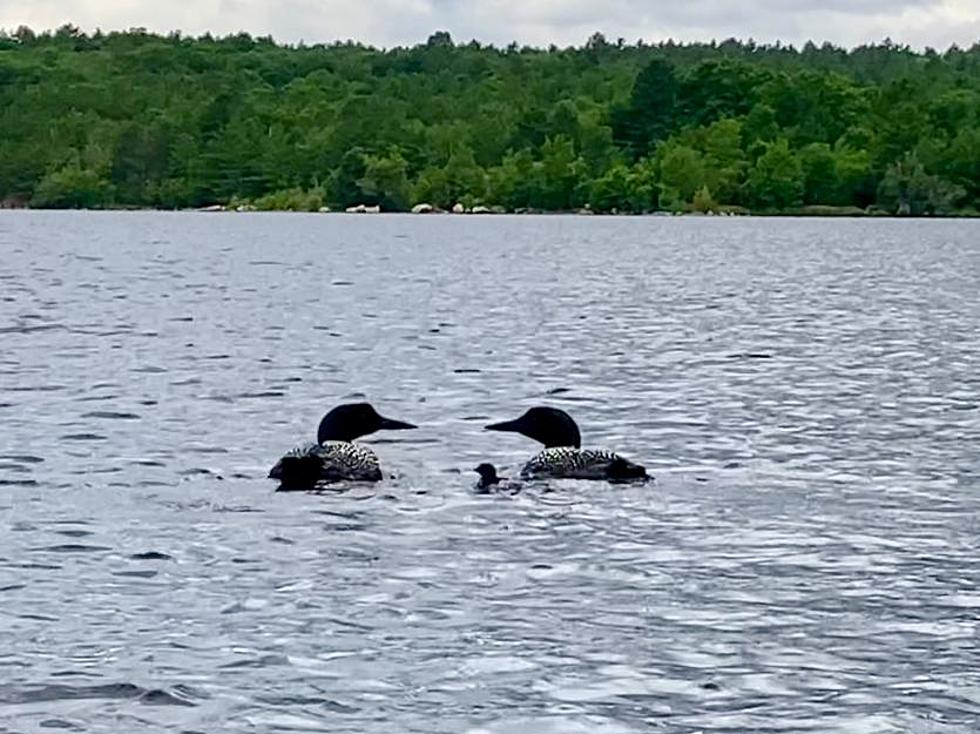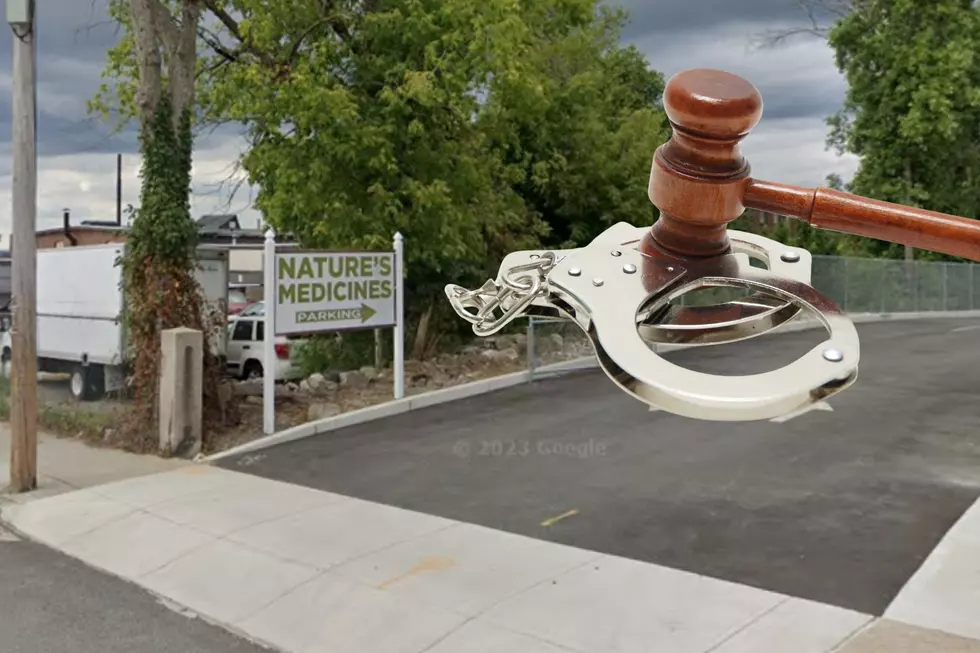
SouthCoast Loon Chick Hatches, Marking Conservation Gain
MassWildlife and the Biodiversity Research Institute confirmed that a common loon chick hatched in Southeastern Massachusetts this spring.
Loons had not hatched in the SouthCoast region in over a century. The historic hatchling is the result of a multi-year loon restoration initiative between BRI, a non-profit ecological research group based in Maine, and the Massachusetts Division of Fisheries and Wildlife.
BRI in 2015 relocated loon chicks from Maine and New York to the Assawompset Pond Complex in Lakeville. Historically, loons nested in that area before the species disappeared as a breeding bird in Massachusetts in the late 1800s.
The hope was that translocated loon chicks would return to that region to breed as adults in four to six years, thereby establishing a new breeding population. The male in the nesting pair, originally from New York, found a mate and did just that.
“It was a milestone when this particular loon returned to its release lake in 2018, three years after fledging,” says David C. Evers, Ph.D., BRI’s executive director and a leading expert on loon ecology and conservation.
Once loons fledge from freshwater lakes, they migrate to wintering grounds on the ocean. As young adults, they return to the area where they hatched to join the breeding population. The loons that were translocated from Maine and New York as chicks are now beginning to return to their release sites in Massachusetts as breeding adults.
"We are excited with the news about the chick. It's fitting that this historic event occurred in 2020, which marks the 30th anniversary of the Massachusetts Endangered Species Act," said Andrew Vitz, MassWildlife's State Ornithologist.
The Common Loon is listed as a "species of special concern" under the Massachusetts Endangered Species Act.
Over the last few summers, nine of the 24 translocated chicks have been observed in the release area and are forming pair bonds and territories, Vitz said. He noted there are now approximately 45 pairs of territorial loons in Massachusetts in various locations, and said that's a good sign.
Funds for the restoration effort come from an $8.3 million settlement linked to the 2003 Bouchard Barge oil spill in Buzzards Bay. BRI will receive $2.5 million over the next six years to continue their loon work. The goal is to restore common loons to their former breeding range in Massachusetts and to bolster existing breeding populations in other parts of the state.
In Massachusetts, common loons first started returning as nesting birds in 1975. They have since breeded in the Quabbin and Wachusett Reservoirs in north-central Massachusetts. The current restoration plan includes the release of 45–60 common loon chicks from Maine and New York to historic breeding sites in southeastern Massachusetts and the Berkshires.
The public is invited to learn more about MassWildlife’s Natural Heritage & Endangered Species Program.
KEEP READING: Here are 6 foods from your cookout that could harm your dog

More From WBSM-AM/AM 1420


![Fall River Dog Is the Ultimate Adventure Buddy [WET NOSE WEDNESDAY]](http://townsquare.media/site/519/files/2024/04/attachment-Untitled-design-2024-04-24T063451.295.jpg?w=980&q=75)






